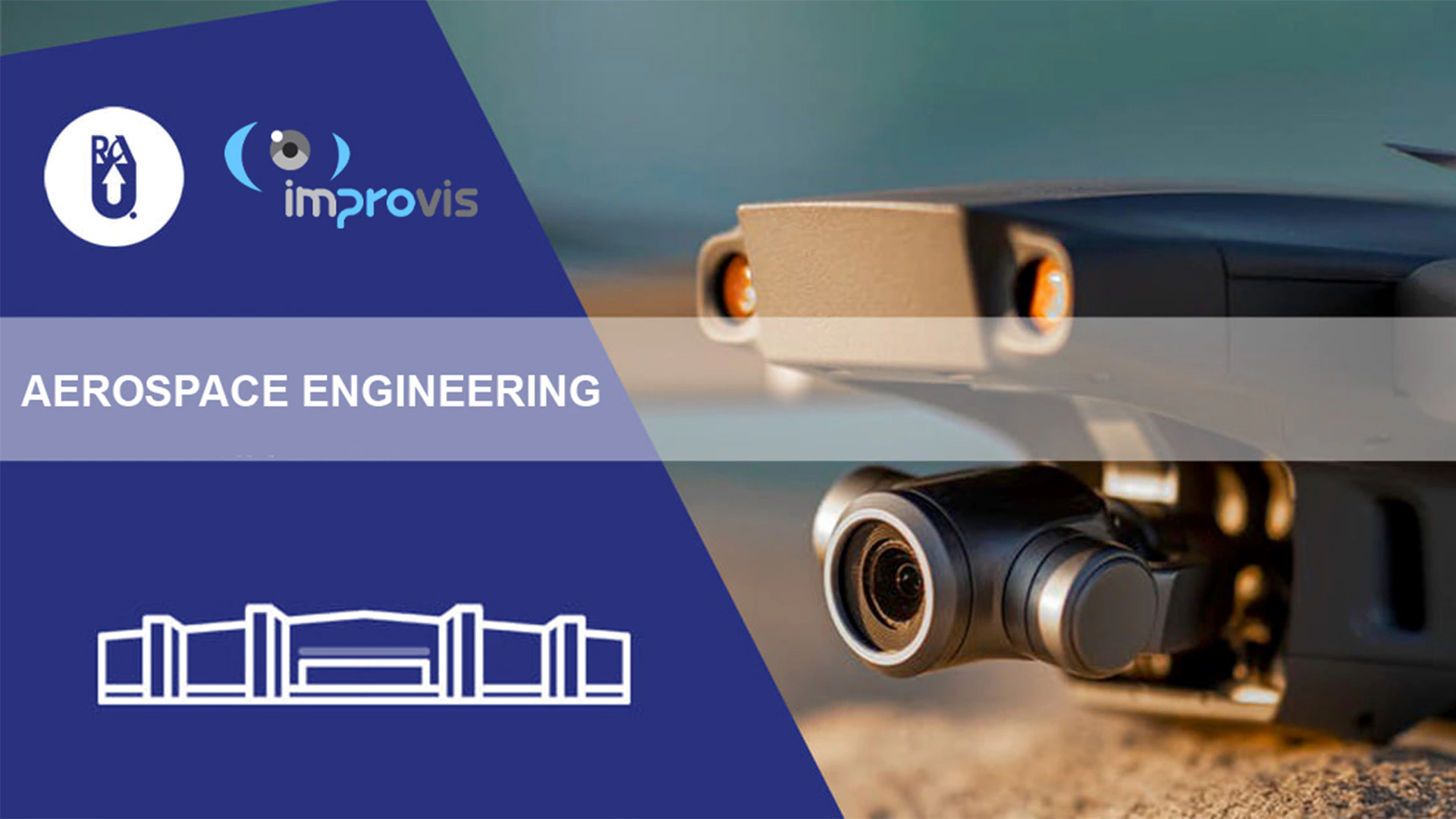
MSc Programs in UAV Engineering

The High sense of responsibility, the dedicated work, and the experience and knowledge gained over the years obliged the Improvis team to have an investment in the field of education․ The development of master programs is a vivid example of this.
The idea of developing modern high-tech educational programs and their institutionalization arose in 2012 and was drafted in the form of the master's program in 2016. It was developed in the form of a single program, but as it was very condensed and multi-profile, Improvis together with Russian-Armenian University, decided to present it in 2 profiles. In 2020, many Armenian specialists who are experienced in the fields of aerospace engineering, autonomous systems, artificial intelligence, robotics, as well as radiocommunications and radars, supported Russian-Armenian university and improvis to finalize masters degree programs. As a result of this, in six months, Improvis with the support of stakeholders developed educational courses with the latest solutions in accordance with the labor market requirements.
Here are the three main reasons for creating educational courses:
- Absence or scarcity of highly qualified personnel in the fields of «Autonomous systems and robotics», «Wireless communication and sensing» and «Aerospace engineering».
- Lack, scarcity or incompleteness of MSc and certification programs for the specialists in the fields of «Autonomous systems and robotics», «Wireless communication and sensing», «Aerospace engineering»
- Considering the expected 30% annual market growth, demand for professionals/engineers will only increase.

The main goals of master program development are as follows։
- Create modern MSc and certification programs that will prepare specialists for all stages of design and development of autonomous systems and robotics,including UAVs, self-driving cars, etc.
- Make the newly created MSc programs competitive with similar programs at the world's leading universities.
- Provide project based education that will enable graduates to move directly to professional activity.
- Create laboratories for educational, research and industrial production needs. Share the facilities with everyone.
- Create a startup accelerator that will provide a platform for graduates' teams to implement their ideas.
"Autonomous systems and robotics", "Wireless communication and sensing", "Aerospace engineering" are the three courses which will be launched in 2021.
«AUTONOMOUS SYSTEMS AND ROBOTICS»
The purpose of this program is to equip future engineers with complete knowledge, skills and abilities required for researching, designing and development of intelligent algorithms, control systems and their elements used in autonomous systems.
«WIRELESS COMMUNICATION AND SENSING»
The purpose of this program is to equip future wireless communication and radar signal processing engineers with knowledge of advanced wireless communication and radar principles, digital signal processing, coding and information theory, channel estimation, wireless networks and protocols, mobile and satellite communication, RF system analysis and measurement.
«AEROSPACE ENGINEERING»
The purpose of this program is to equip future aerospace engineers with knowledge, critical mindset, skills, and tools required to identify and solve complex multidisciplinary real-life problems in the field of Aerospace Engineering as well as derivative engineering domains. Students will learn to employ robust design methodologies to synthesize material properties with (micro)structural, manufacturing, aerodynamic, and performance requirements. Students will develop the ability to make critical trade-offs to achieve a lightweight, structurally and aerodynamically optimized design able to withstand a range of static and dynamic loads while maintaining structural integrity.
For more information about the courses and admission procedures visit the website of Russian-Armenian university. https://rau.am/am
